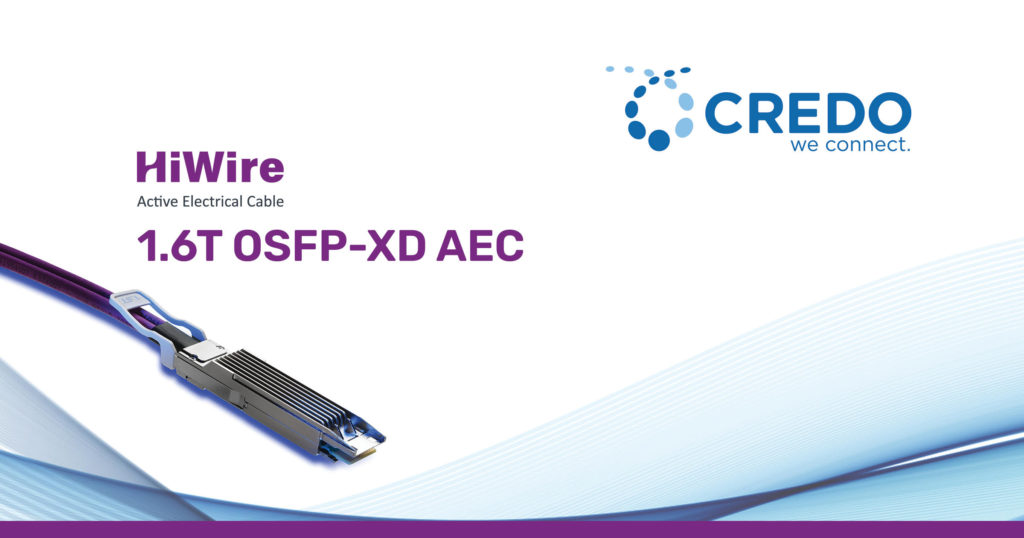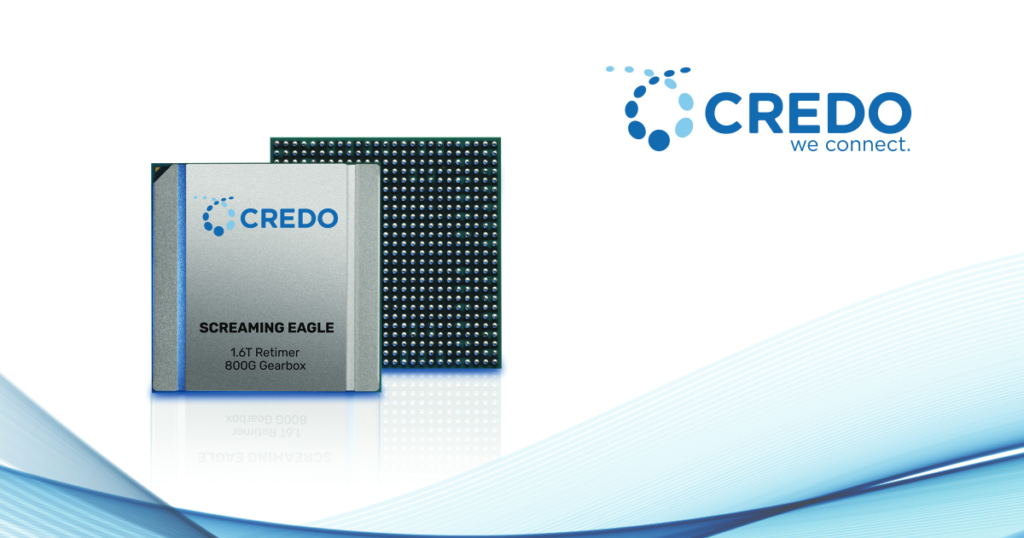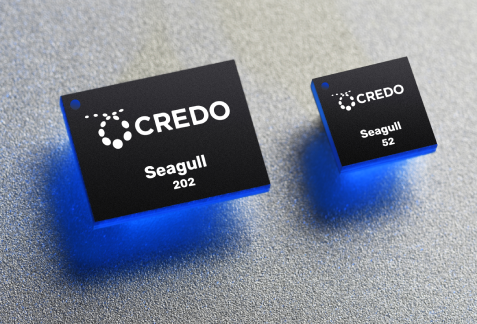Read the full article here: https://bizj.us/1qhbn3
The GSA Awards celebrate the achievements of the semiconductor industry while recognizing the individuals and companies that have demonstrated excellence through their vision, innovation, execution, and future opportunity. Award nominees are honored for their achievements in several categories ranging from outstanding leadership to financial accomplishments, as well as overall respect within the industry.
For the Analyst Favorite Awards, two semiconductor financial analysts from top-tier firms select their favorite semiconductor company for the two awards. The analysts base their decision on historical, as well as projected data, such as stock price, earnings per share, revenue forecasts and product performance.
Thanks to the GSA for stewarding our industry forward and for recognizing the success, vision, strategy and future opportunities shared by its member companies. It’s an honor to be selected as a nominee, and we look forward to seeing our industry peers, partners and friends at the awards ceremony.
New Terabit Class AEC with Industry leading Energy Efficiency is Key to Enabling 1U 51.2Tb Switches

San Jose, Calif., Oct 18, 2022--Credo Technology Group Holding Ltd (NASDAQ: CRDO) today announced the 1.6Tb OSFP-XD HiWire CLOS Active Electrical Cable (AEC) supporting lengths up to 2.75m in a thin, compact, cable form factor to support the dense spine switching requirements for next generation hyperscale data centers. The new 1.6Tbps AEC will be showcased at the OCP Summit at the San Jose Convention Center in the Credo Booth (A2) and the OCP Experience Center, October 18-20.
"The OSFP-XD represents the culmination of 18 months of broad industry collaboration to enable the next generation of 51.2Tbps switches in a 1U form factor,” said Don Barnetson, Vice President of AEC Product at Credo. “This 1.6Tbps AEC offers new levels of performance with excellent energy efficiency – using less than 20W of power. By leveraging a mature, low-cost 12nm process, we hit the mark for cost while reducing power and increasing density. It’s is a game changer for our customers.”
"Credo’s has clearly been leading the field in AECs, and we forecast that AECs will quickly replace direct attached copper as Hyperscalers continue to make gains with cloud deployments, enterprise and service providers” said Alan Weckel, Founder and Technology Analyst at 650 Group. “Applications such as AI and machine learning will drive AEC adoption to support server to Top-of-Rack switching as server speeds continue to increase and products like the 1.6Tbps OSFP-XD AEC will drive new data center buildouts.”
The 1.6Tbps OSFP-XD AEC supports 16 bi-directional lanes of 112Gbps communication with an industry standard Attachement Unit Interface (AUI) on each end. It supports cable lengths up to 2.75m using a compact 32AWG cable connecting the two ends that is no larger than two Cat6e cables. The OSFP-XD AEC consumes less than 20W of power per end and offers the most reliable, lowest power interconnect for in-rack applications such as Distributed, Disaggregated Chassis (DDCs).
Credo’s OSFP-XD AEC will begin sampling to customers this fall. All Credo product offerings are supported by evaluation boards, simulation models, characterization reports, reliability reports, design libraries and a complete set of supporting documentations. Customers interested in samples of the 1.6Tb/s OSFP-XD AEC should contact sales@credosemi.com.
To read the 1.6Tb product brief go here:
https://credosemi.com/wp-content/uploads/2022/10/Credo-HiWire-1.6T-CLOS-AEC-Brief-101722.pdf
To learn more about Credo AEC products go here: https://credosemi.com/products/hiwire-aec/
About Credo
Our mission is to deliver high-speed solutions to break bandwidth barriers on every wired connection in the data infrastructure market. Credo is an innovator in providing secure, high-speed connectivity solutions that deliver improved power and cost efficiency as data rates and corresponding bandwidth requirements increase exponentially throughout the data infrastructure market. Our innovations ease system bandwidth bottlenecks while simultaneously improving on power, security and reliability. Our connectivity solutions are optimized for optical and electrical Ethernet applications, including the emerging 100G (or Gigabits per second), 200G, 400G and 800G port markets. Our products are based on our proprietary Serializer/Deserializer (SerDes) and Digital Signal Processor (DSP) technologies. Our product families include integrated circuits (ICs), Active Electrical Cables (AECs) and SerDes Chiplets. Our intellectual property (IP) solutions consist primarily of SerDes IP licensing.
For more information, please visit: https://www.credosemi.com. Follow Credo on LinkedIn and Twitter.
New Line Card Device with Break-through Performance and Energy Efficiency Targets Hyperscale Data Centers, Enterprise, 5G and Service Providers

SAN JOSE, Calif.--Credo (NASDAQ: CRDO) today announced the Screaming Eagle 112G LR (Long Reach) DSP device with 1.6 Terabits per second (Tbps) of retiming capacity. By supporting port speeds of 1.6T, 800G, 400G, 100G and down to 10G – Screaming Eagle can satisfy the massive data transit requirements of hyperscalers, enterprises, 5G carriers and service provider customers.
“Bandwidth is the catalyst for the digital economy and our end customers need increasing amounts of network speed to support the broad range of data hungry, vertical markets,” said Scott Feller, Vice President of Marketing at Credo. “Credo’s unique SerDes design approach enables us to deliver industry-leading performance, energy efficiency, and a cost advantage to our customers – such as the Hyperscalers – who are managing petabytes of information. Delivering 1.6 Tbps capacity is a necessity as this appetite for networking speeds continues to grow.”
Screaming Eagle is a third generation Credo 112G retimer and supports LR+ channels of 40dB+, enabling up to 1.6Tbps throughput in a single package. It adds a programmable MR (medium reach) mode to reduce SerDes power by 20% for C2M (chip-to-module) and VSR (very short reach) applications. Screaming Eagle 1.6T ships in a 23x23mm package, the industry’s smallest form factor for line card applications.
“Data connectivity is no longer just the backbone for the Internet, it has become a critical factor in supporting complex data workloads and analytics for a variety of industries including healthcare, scientific research, finance, government, and manufacturing,” said Alan Weckel, Principal at the 650 group. “Credo’s entry to the 1.6Tbps race, with long reach capability, is timely as we see immense amounts of data being collected continuously by an array of industrial applications that are driving the need for increased compute, at higher speeds with lower latencies.”
Screaming Eagle is currently sampling to qualified customers. All Credo product offerings are supported by evaluation boards, simulation models, characterization reports, reliability reports, design libraries and a complete set of supporting documentations. Customers interested in samples of Screaming Eagle should contact sales@credosemi.com.
To read the Screaming Eagle product brief go here : https://credosemi.com/products/line-card/screaming-eagle/
About Credo
Our mission is to deliver high-speed solutions to break bandwidth barriers on every wired connection in the data infrastructure market. Credo is an innovator in providing secure, high-speed connectivity solutions that deliver improved power and cost efficiency as data rates and corresponding bandwidth requirements increase exponentially throughout the data infrastructure market. Our innovations ease system bandwidth bottlenecks while simultaneously improving on power, security and reliability. Our connectivity solutions are optimized for optical and electrical Ethernet applications, including the emerging 100G, (or Gigabits per second), 200G, 400G and 800G port markets. Our products are based on our proprietary Serializer/Deserializer (SerDes) and Digital Signal Processor (DSP) technologies. Our product families include integrated circuits (ICs), Active Electrical Cables (AECs) and SerDes Chiplets. Our intellectual property (IP) solutions consist primarily of SerDes IP licensing.
For more information, please visit: https://www.credosemi.com. Follow Credo on LinkedIn and Twitter.
New Seagull DSPs Deliver High Performance and Low Power with Integrated DML Drivers

SAN JOSE, Calif.--Credo Technology Group Holding Ltd (NASDAQ: CRDO) today introduced two high-performance, low-power optical DSPs ICs; the single channel Seagull 52 and the quad channel Seagull 202. Credo designed these new Seagull DSPs to meet the requirements of the most demanding hyperscale and 5G applications by delivering higher bandwidths and low-latency variation combined with ultra-low power dissipation. Both devices come with the integrated directly modulated laser (DML) drivers critical to supporting high-density data center design and optical transport networks.
“The continued global roll out of hyperscale data centers and 5G networks requires more fiber, more towers and more bandwidth with a view to minimizing power,” said Scott Feller, Vice President of Marketing at Credo. “These new additions to Credo’s Seagull product line will allow our hyperscaler and telecom customers to meet relentless capacity demands thanks to the reach distances supported, design flexibility enabled, and industry leading low power dissipation provided.”
Both products include a high-performance DSP engine. The DSP engine enables uncooled direct modulated lasers (DML) to be used in applications requiring industrial temperature, due to the increased non-linearities and signal impairments associated with the channel and optics of the engine. The DSP engine also enables use over an extended range of wavelengths in wavelength division multiplying (WDM) applications. The optical line side transmitters include integrated DML drivers with programmable laser currents to simplify module design. A number of test and debug features enable rapid bring-up, simplified lab and production testing, and reduced time to market.
About the Seagull 52:
The Seagull 52 is a versatile product that can be used as a bitmux or retimer in next generation QSFP28, DSFP, SFP-DD and SFP56 optical transceivers. In bitmux mode, the DSP is configured with two lanes of 25Gbps NRZ on the host side to one 53.125Gbps (26.5625GBd) PAM-4 lane on the line side. In retimer mode, Seagull 52 is configured as one lane of 53.125Gbps PAM-4 to one lane of 53.125Gbps PAM-4. Legacy data rates are supported for backwards compatibility.
Seagull 52 supports industrial temperatures of -40°C to +85°C and can be used in 5G wireless front, mid, and back haul, and high-density data centers.
About the Seagull 202
The Seagull 202 DSP is a full duplex product that can be used in next generation 4x50Gbps QSFP28 optical transceivers for high density data centers.
Availability
Samples of Seagull 52 and Seagull 202 are available immediately. Interested customers should contact sales@credosemi.com. All Credo product offerings are supported by evaluation boards, simulation models, characterization reports, reliability reports, design libraries and a complete set of supporting documentations.
To learn more about the Credo Optical products, go here: https://credosemi.com/products/optical-dsp/